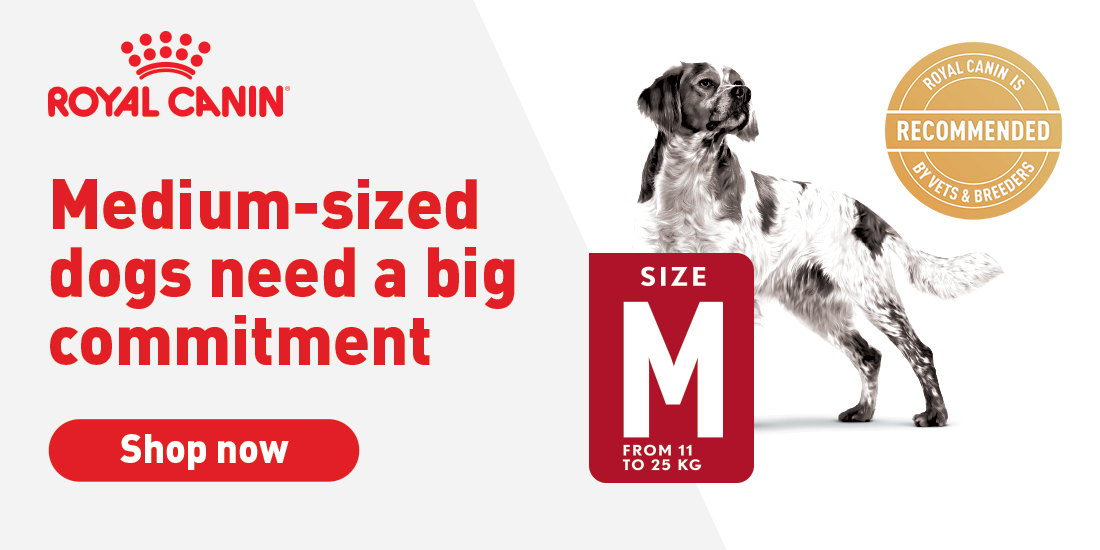Dog Breed
Chow Chow
Friendliness
Exercise Needs
Health Issues
Barking Tendencies
Grooming Needs
Shedding Level
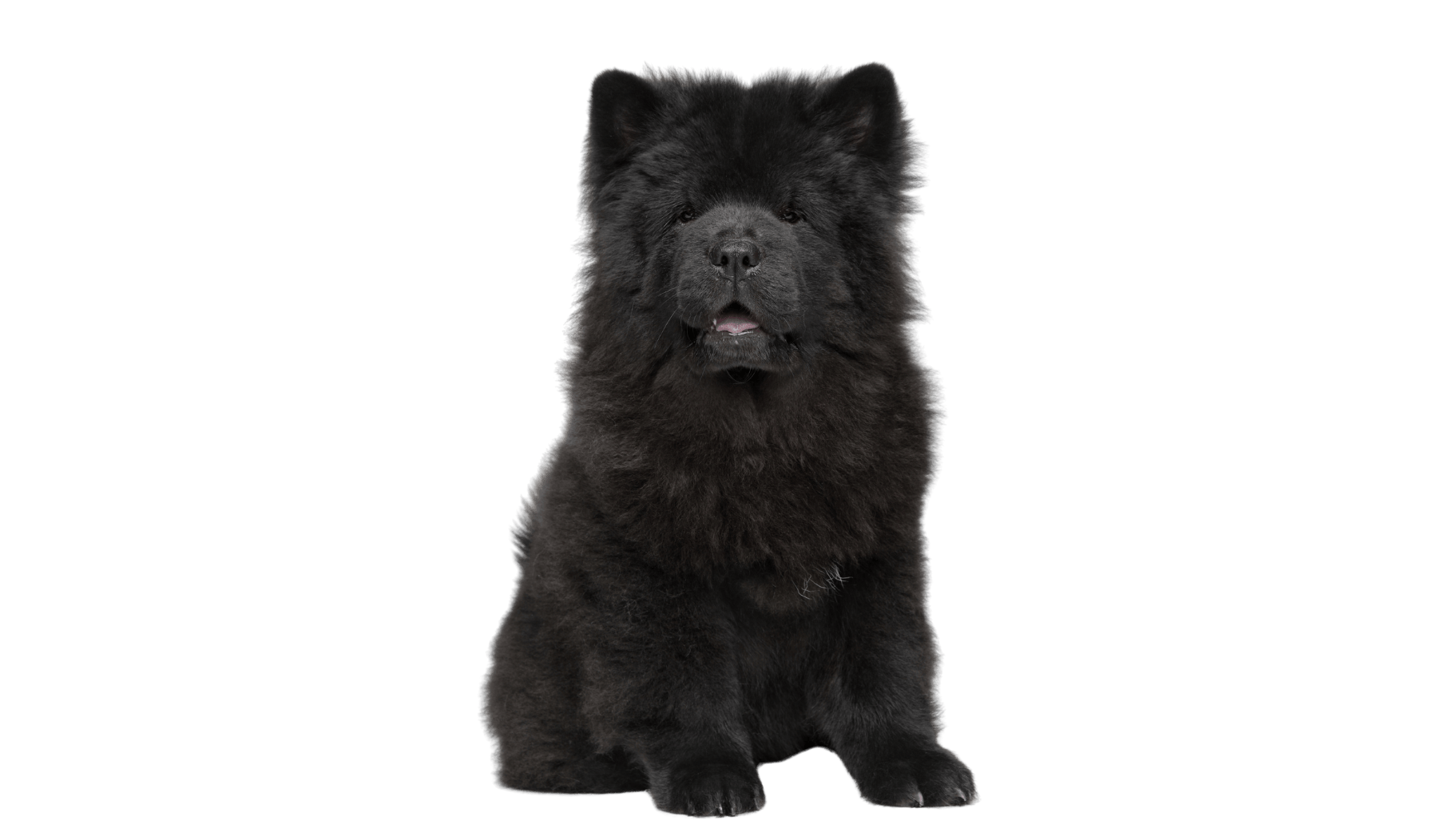

Regal and reserved
Distinctive, dignified, and fiercely loyal, Chow Chows are known for their lion-like appearance and independent nature. They tend to be calm and aloof, forming strong bonds with their families while remaining reserved around strangers.
Chow Chows are not overly affectionate dogs, but they are deeply devoted to their people. Best suited to confident, experienced owners, they thrive in quiet, structured homes where their boundaries are respected.
Caring for your Chow Chow
Nutrition
Choosing the right food
Every dog is unique. From small companions to large, active breeds with different nutritional needs. ROYAL CANIN® Size Health Nutrition is designed to support dogs based on their size and life stage, helping maintain overall health, vitality and wellbeing. These formulas use carefully selected protein sources, targeted nutrients and tailored kibble to support digestion, energy levels, and bone and joint health across small, medium and large dogs.
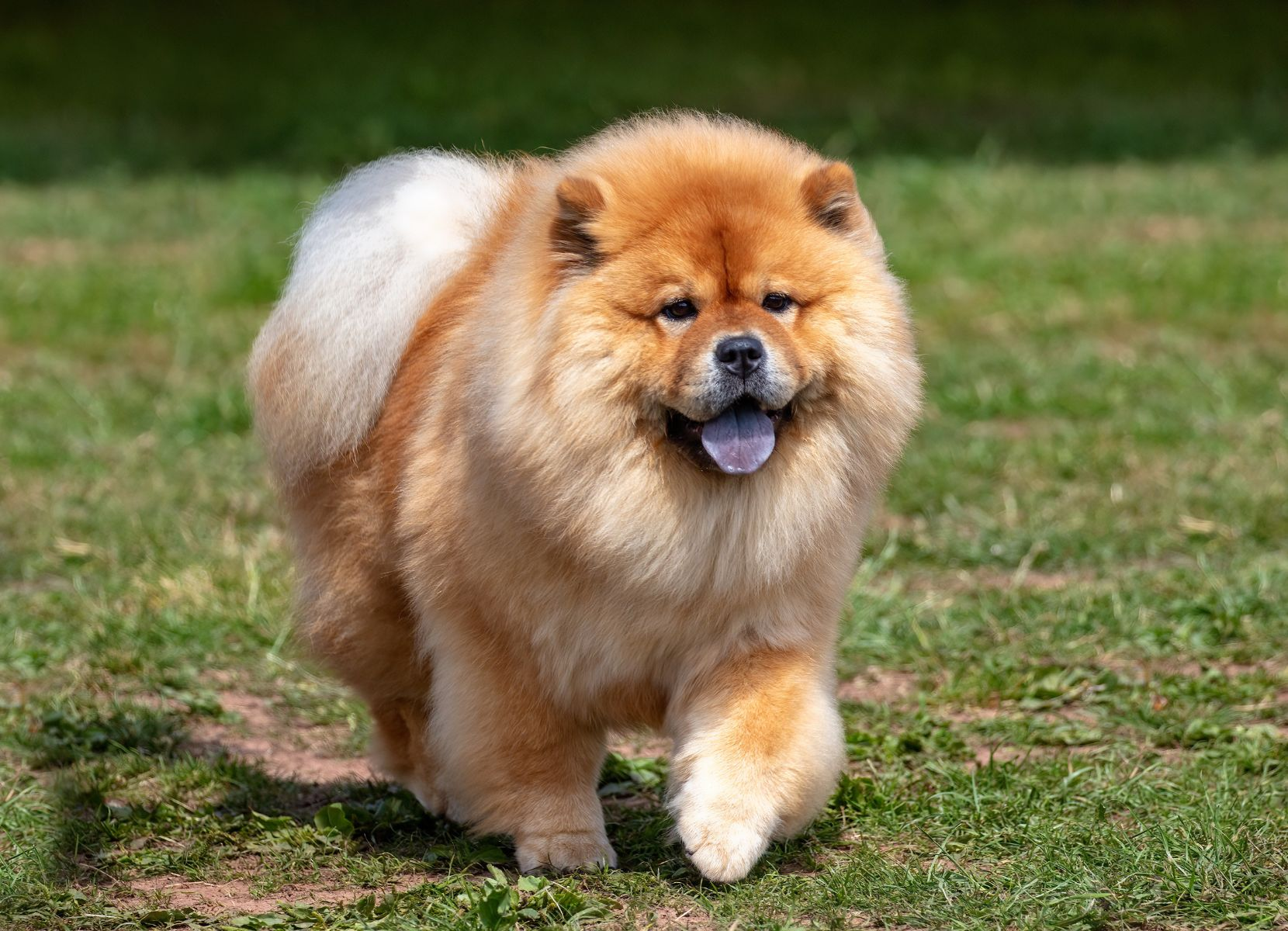
Exercising your dog
Chow Chows have relatively low exercise needs compared to many breeds. Daily walks and light play are usually enough to keep them healthy and content.
They enjoy gentle strolls rather than intense activity, and they’re not well suited to high-impact exercise such as running or rough play.
Due to their thick double coat, Chow Chows don’t cope well with heat. Exercise should be kept short and scheduled during cooler parts of the day.
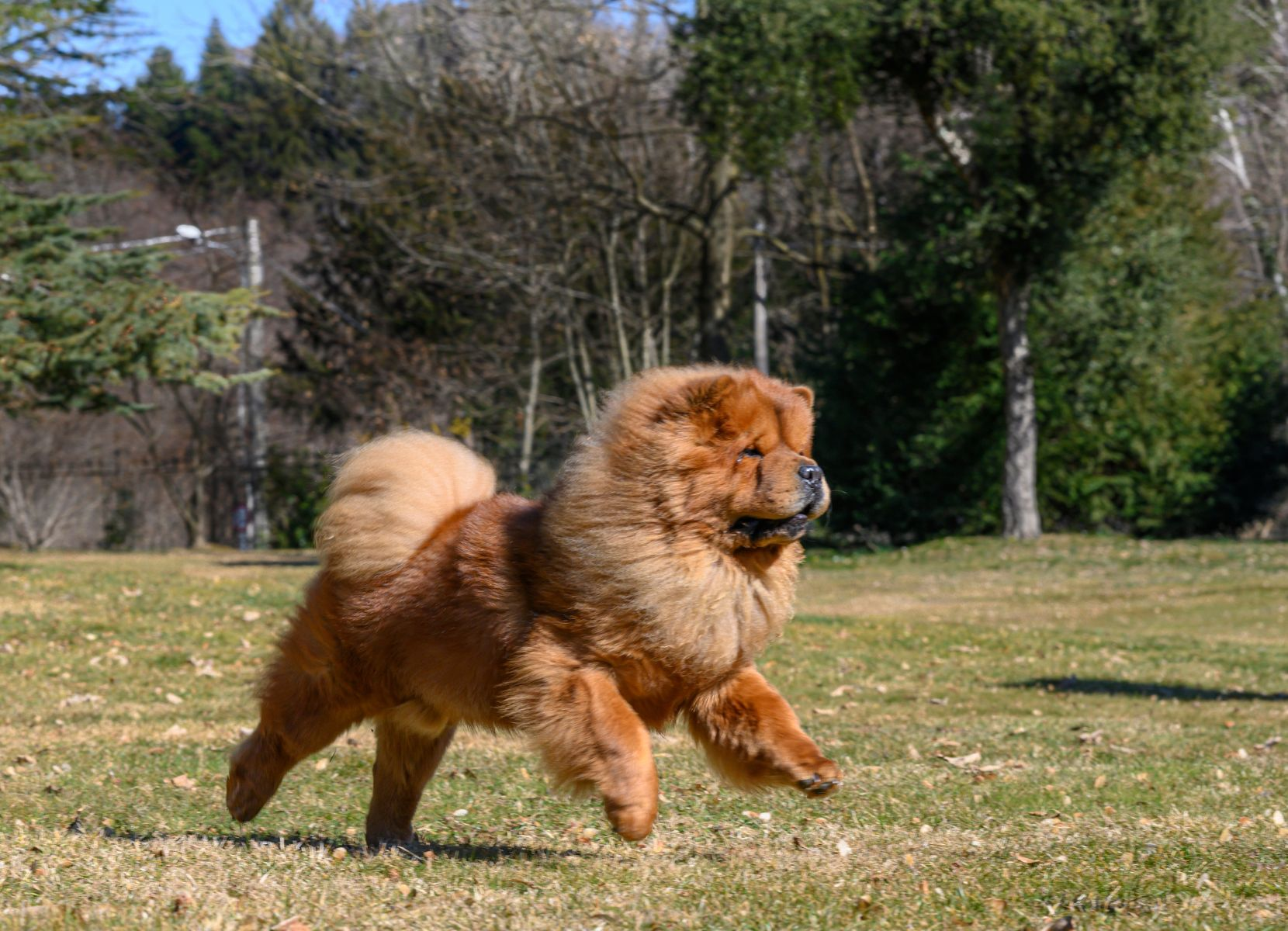
Training your Chow Chow
Chow Chows are intelligent but independent, which can make training a challenge. They’re not naturally eager to please and prefer calm, consistent handling.
Training should begin early, with a focus on socialisation and basic manners. Early exposure to different people and environments helps reduce excessive suspicion later in life.
Positive reinforcement works best, paired with patience and clear boundaries. Harsh or forceful training methods are unlikely to be effective.
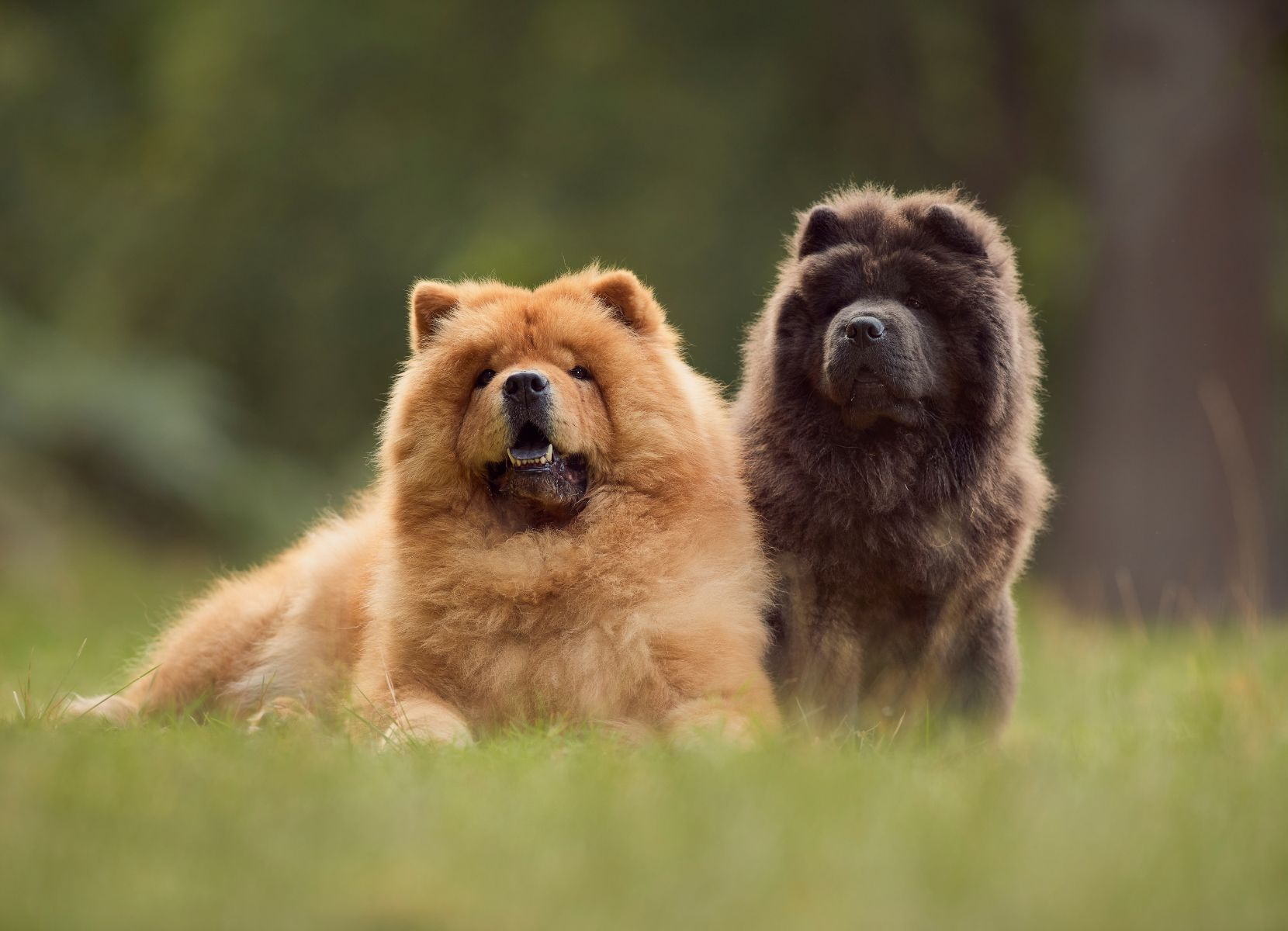
Your dog's health
By recognising health problems in Chow Chows early you can seek advice and treatment from a veterinarian.
Reduce the risk of health problems by purchasing a puppy from a responsible breeder. Always inspect breeding facilities and breeding dogs, and never buy from a distant online seller.
Health Issues to watch out for:
Cancer
Joint Problems
Eye Issues
Endocrine Conditions
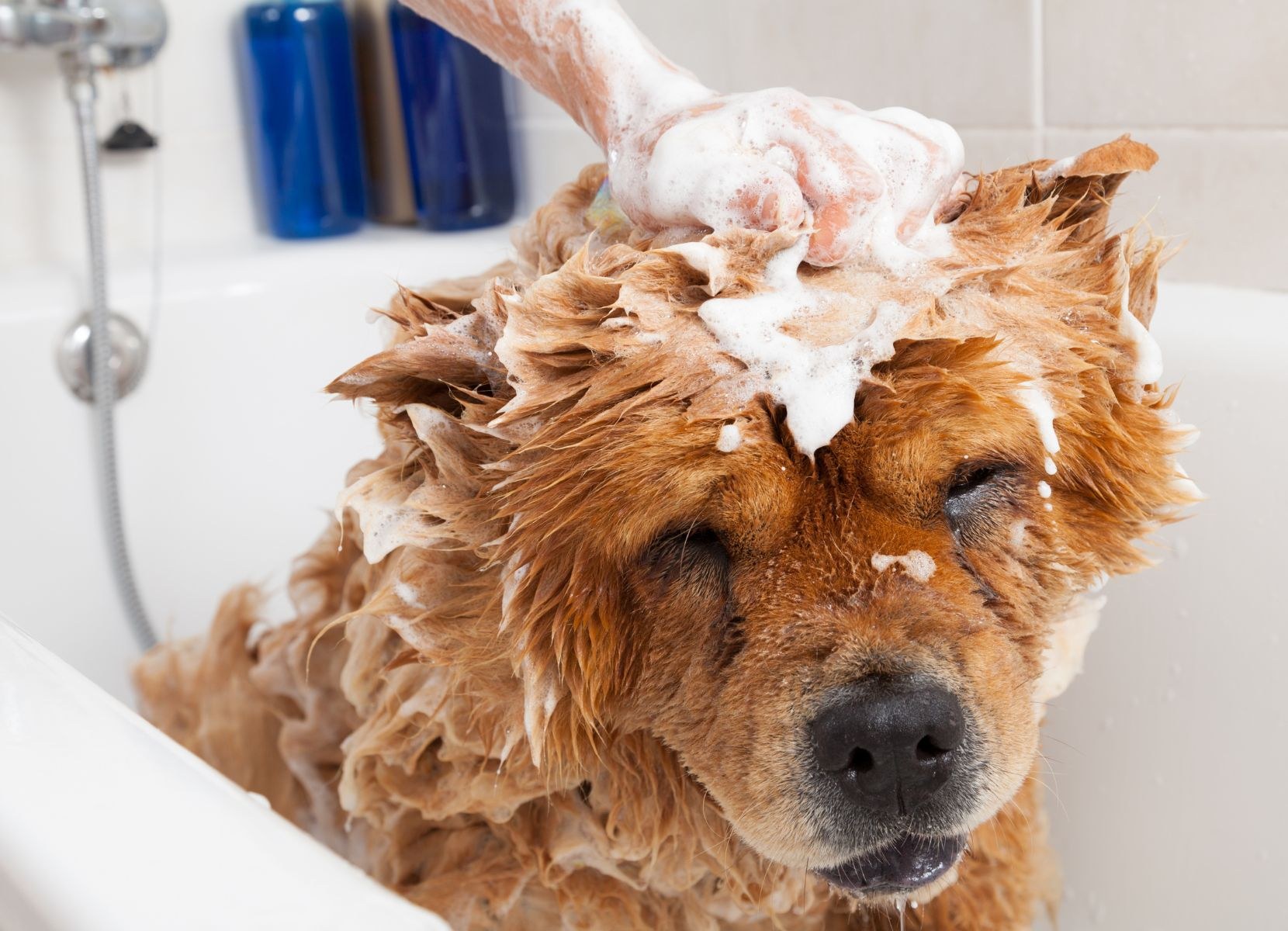
Grooming your dog
Chow Chows have a dense double coat that requires regular grooming. Brushing several times a week helps prevent matting and removes loose hair.
During heavy shedding periods, daily brushing may be needed. Keeping the undercoat well maintained helps regulate temperature and skin health.
Regular ear checks, nail trims, and daily teeth brushing should also be part of their grooming routine to prevent common issues.
Key characteristics of Chow Chows
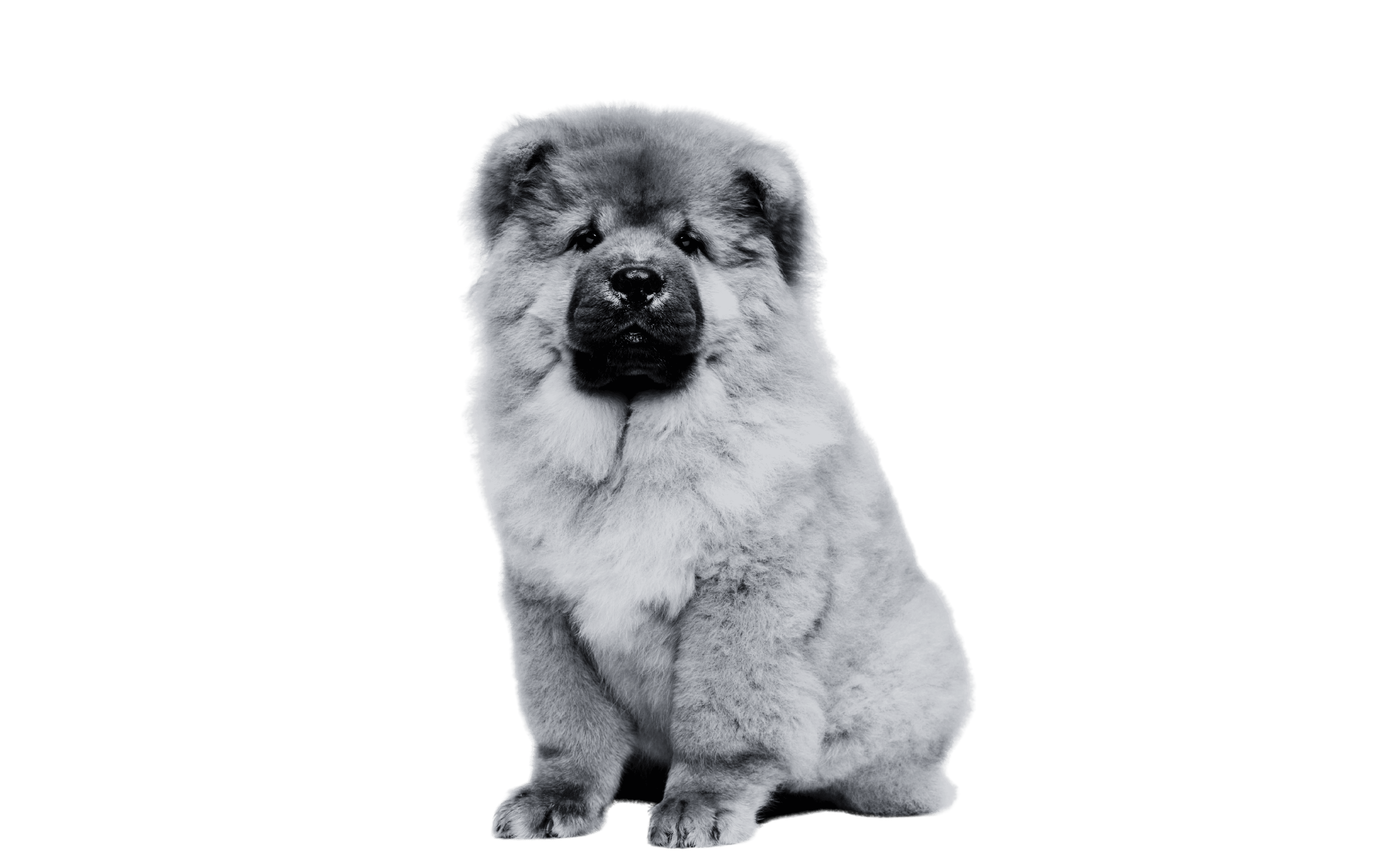
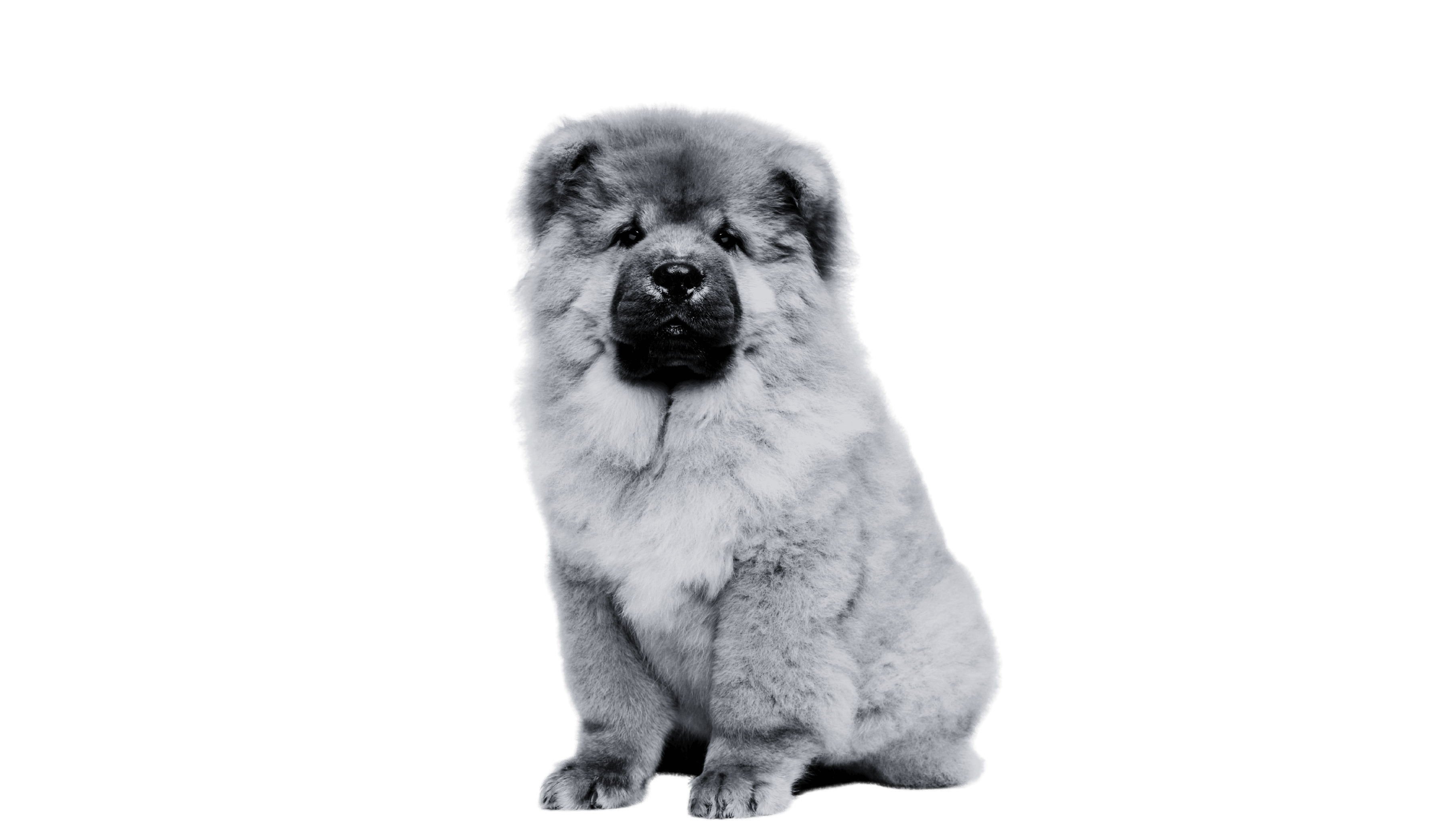
Chow Chow FAQs
Chow Chow FAQs answer common questions about living with a Chow Chow, including temperament, exercise needs, grooming, and family suitability. This section helps owners understand whether a Chow Chow is the right fit for their lifestyle.
Are Chow Chows good family dogs?
Chow Chows can be loyal family dogs, but they’re best suited to homes with older children. They’re not overly affectionate and prefer calm, respectful interactions.
Do Chow Chows need a lot of exercise?
No. Chow Chows have low to moderate exercise needs and are usually happy with daily walks and gentle activity.
Do Chow Chows cope well in hot weather?
No. Chow Chows are sensitive to heat due to their thick coat and should be exercised during cooler parts of the day.
Are Chow Chows easy to train?
Chow Chows are intelligent but independent, which can make training challenging. Consistent, patient, and positive training methods work best.
Do Chow Chows get along with other pets?
With early socialisation, Chow Chows can live with other pets, but they may remain reserved and territorial.
This FAQ section highlights what you need to know about living with a Chow Chow. With the right training, grooming routine, and calm home environment, a Chow Chow can be a loyal and dignified companion for experienced owners.
